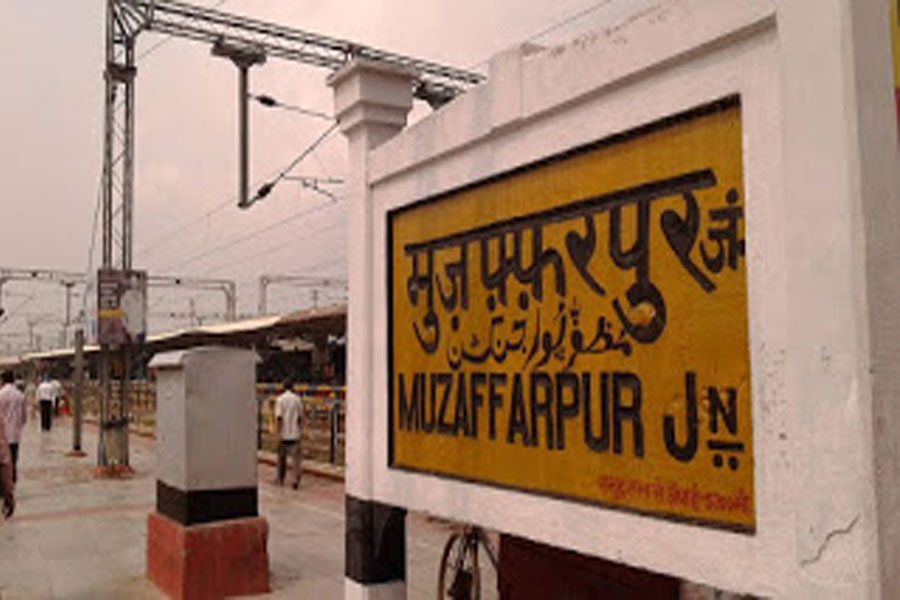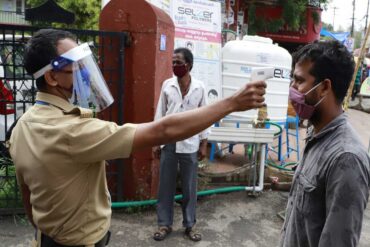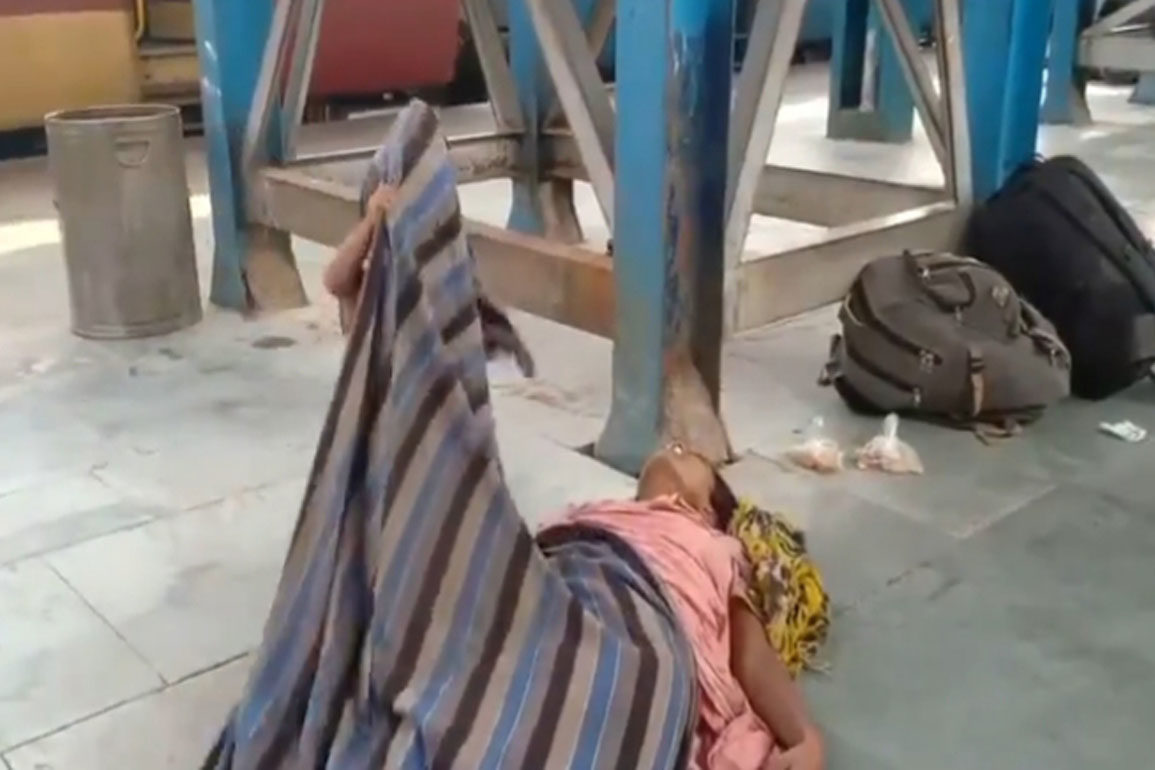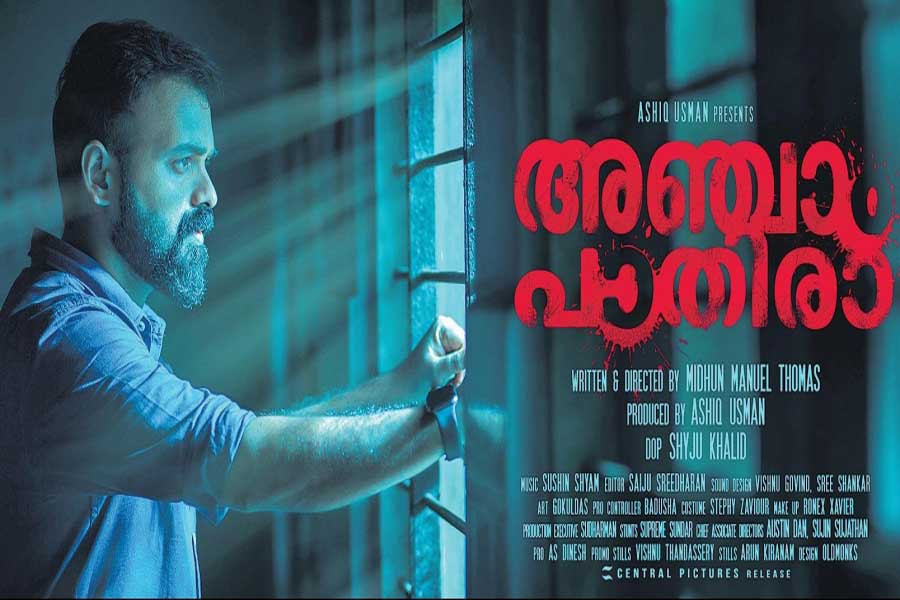The reverse migration of workers and the spiking number of deaths of those undertaking journeys with ‘Shramik Special’ trains have revealed the extent of the humanitarian crisis following the Covid-19 lockdown in India.
Arveena Khatoon (22) was declared dead at the Muzaffarpur railway station in Bihar on May 25. In a heart-wrenching video, Rehmat (3), the younger child of Arveena, was seen trying to wake up his dead mother with the elder child Armaan (4) in tow, and it has since gone viral on social media. Arveena had boarded the train for Bihar’s Katihar on May 23 from Ahmedabad and was pronounced dead at the Muzaffarpur station.
According to Arveena’s brother-in-law Mohammad Wazir, she remained unwell on the train due to prolonged hunger and thirst. There was shortage of money and unavailability of food both inside the train and at stations en route Katihar. On Monday, just before the train’s arrival in Muzaffarpur, she collapsed. Witnessing no movement in her body, the family de-boarded the train with the help of co-passengers. Since there was no wheelchair or stretcher facility at the station, they had to lay her on the platform till the arrival of the ambulance and assistance from station officials.
Arveena died during the journey due to thirst, hunger, heat and exhaustion, as per Wazir. Her health deteriorated during the journey and she died just before reaching Muzaffarpur. Arveena was a migrant worker in a factory in Ahmedabad and had no illness. Her husband Islam abandoned her a year ago. She hailed from the Azamnagar area of Katihar district.
C S Prasad, Senior DCM Sonepur Railway Division said that they got information about the deceased worker before the train reached Muzaffarpur and her body was de-boarded at the station and they made sure that she reached the destination. While the train reached Katihar at 3.15 pm on May 25, her body was sent to Katihar with the help of an ambulance.

DSP Railway Ramakant Upadhyay alleged that Arveena was ill since long and succumbed to her illness during the journey. He claimed he was informed about Arveena’s illness by her sister Kohinoor Khatoon who was traveling with her. Upadhyay said the woman was undergoing treatment for “some disease” for the last one year in Ahmedabad and was also “mentally unstable”.
After the video of her children trying to wake her up went viral and triggered outrage on social media, the Railway board sought immediate explanation from East-Central Railway staff and Muzaffarpur station officials. Railway officials have maintained the stance that passengers dying during journeys have some previous illness that result in sudden death.
The same day, four-and-half-year-old Mohammad Irshad, son of Mohammad Pintu alias Maqsood Alam (migrant worker) from West Champaran, Bihar died at the Muzaffarpur railway station after arrival by a ‘Shramik Special’ train from Delhi, while his father desperately sought some milk and food to quench the child’s hunger.
In the past few days, 4 deaths of migrant workers have been reported from Bihar alone while undertaking harrowing return journeys through specially-run ‘Sramik’ trains. The penniless journey these hapless people undertake braving hunger and thirst has exposed the Indian State like never before.







